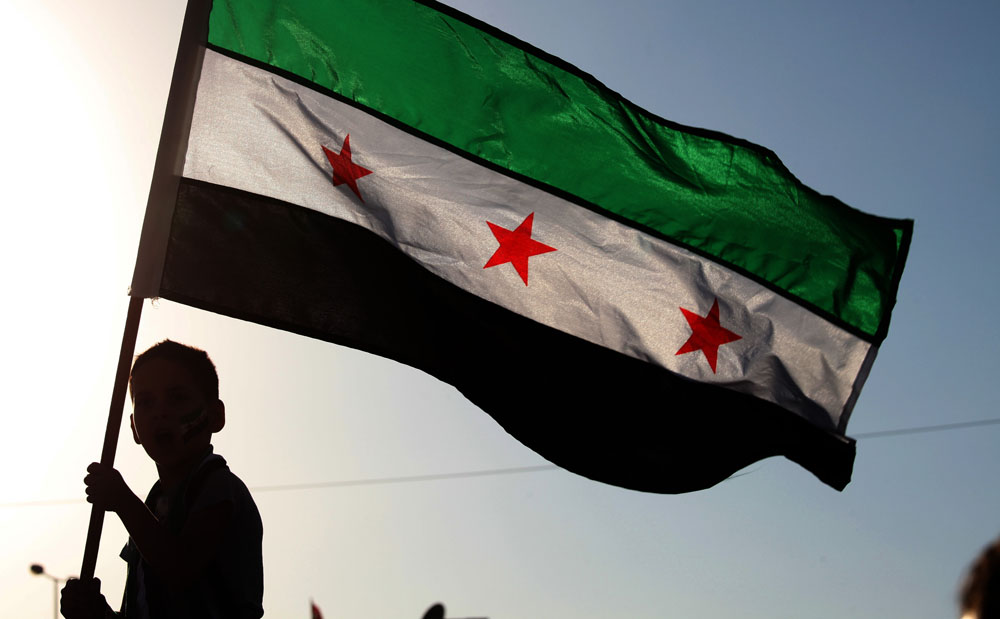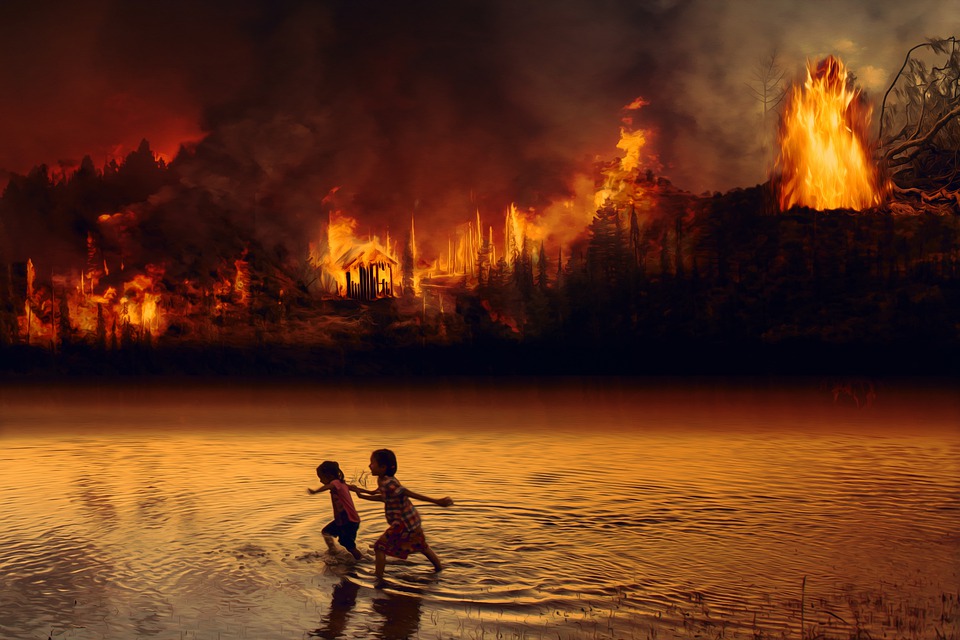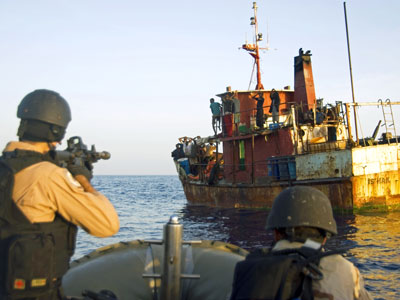The civil war in Syria, which has now been going on for 3 years and 7 months, is riddled with uncertainties and presents plenty of opportunities for speculation. For instance, though a contested fact, the most up-to-date figures quoted for the average length of civil wars range in the 10-year region; will the Syrian one subject itself to that rule, end abruptly, or carry on far beyond the usual duration? One of these unknown quantities is just who will end on top when the war finally does come to a conclusion, whether it peters out or is orchestrated by an external force.
A fairly straightforward assertion to make however, is that no matter the impact that the US and its allies have on the war, the Syrian revolution cannot be summed up as a matter of ‘Assad vs rebels’, as it might have been in its early stages. Even taking into account the relatively recent emergence and marginalisation of IS, the war is infinitely more complex than a tripartite struggle between the jihadist group, Assad’s government and a rebel coalition.
Indeed, use of the term ‘rebel’ is misleading. The fact of the matter is that Western media outlets have often painted the Syrian civil war in very stark terms: evil (Assad) vs good (rebel coalition). There appears to be no room for middle ground, or for complex political and ideological considerations. Never mind that just a handful of these rebel groups actually see eye-to-eye and would stand any chance of coming to an agreement were they successful in taking down Assad’s government. They can hardly keep away from each-other’s throats over such petty matters as insignificant amounts of money, let alone be trusted to cooperate to drag Syria back from the precipice it fell into long ago were they presented with the opportunity to do so. ‘Coalition’ simply isn’t as pertinent a term as ‘factions’.
Furthermore, the over-simplified rhetoric adopted by many tends to forget that IS is causing as much damage in Syria as in Iraq. This blatantly ignores the fact that ISIS came to the world’s attention as part of this plethora of Syrian rebel groups; it may have its roots in Iraq, but as a result of the infighting which has pervaded Syria and divided the opposition, there was little other than their foreign roots to differentiate them from the many rebel factions. It is true that they were clearly ideological hardliners with something of a religiously fanatic aspect to them; but when the opposition groups have titles such as ‘Al-Qaeda in Syria’ or the historically-charged ‘Army of Mujahedeen’, few are going to single out one particular group for scrutiny. Most would certainly have been hard-pressed to foresee the extent to which ISIS would enjoy military success, much less the nefarious ends towards which they would use it.
To compound the complex nature of Syria’s belligerent situation, groups such as the Al-Nusra front have a strikingly similar vision to that of ISIS (not to mention similarly brutal tactics) which is to say the establishment of a Pan-Islamic State under Sharia law. All the while though, the group is officially staying true to the rebel coalition and adding their resources to the fight against the Islamic state. This development certainly isn’t an isolated one: the Syrian civil war is characterised by the sort of alliance-making and breaking that defies logic and predictability, to the point where the term ‘sectarian conflict’ often pinned to the war loses its meaning.
One must also take into account separatist Kurd movements (such as the YPG and Jabhat al-Akrad) who are at present occupied with repelling IS incursions into the territory they control. However, in the event that IS ceases to be a threat, they are likely to seek to profit from the Syrian debacle and further their claim to self-determination/assimilation with neighbouring Kurd authorities, as well as the territory that this entails. This would undoubtedly lead to additional violence.
All this invites comparisons to the situation in Northern Mali over the past two years, briefly elaborated upon in a previous article. More importantly though, it gives onlookers reason to believe that there is no way back for Syria. The West may have made the destruction of IS its priority, but even in the unlikely event that it is successful in this endeavour, Syria would still officially be left with two belligerents unwilling to yield – unofficially, many more. If Assad’s forces gain any sort of momentum, it would be short-lived as splinter groups continue to multiply and hassle government troops (and Assad’s backers) wherever possible. The impetus of the rebel movement is far too great at this point for Assad to crush it.
As for the rebels, their prospects aren’t much brighter: dethrone Assad and dismantle his government, and Syria is left with a power vacuum that will inevitably lead to another Libya fiasco, making Syria a failed state beyond the control of any attempt at a central government or the factions left in the aftermath. Assuming of course, that IS doesn’t win out over them all.





